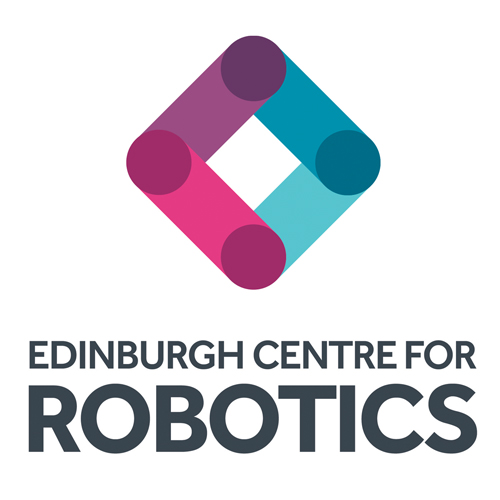Interpreting Drawings for 3D Design - From Drawing Techniques to Algorithms
Abstract: Designers draw extensively to externalize their ideas and communicate with others. But drawings are currently not directly interpretable by computers. To test their ideas against physical reality, designers have to create 3D models suitable for simulation and 3D printing. However, the visceral and approximate nature of drawing clashes with the tediousness and rigidity of 3D modeling. As a result, designers only model finalized concepts, and have no feedback on feasibility during creative exploration.

